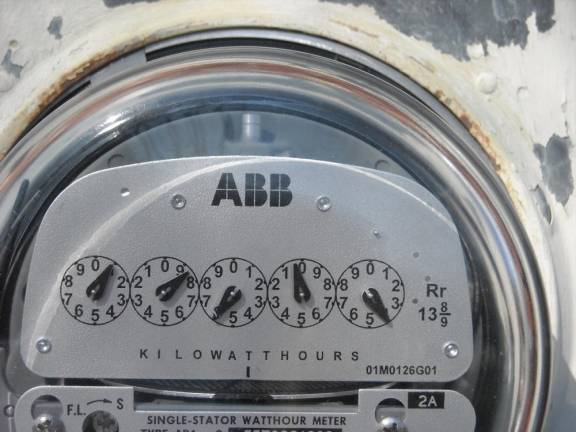Low Income Home Energy Assistance Program season now open
Pike County. LIHEAP helps families find utility assistance programs that can help make services more affordable.

Pennsylvania’s Low Income Home Energy Assistance Program (LIHEAP) officially opened for the 2023-24 winter heating season on November 1, the state Public Utility Commission (PUC) and Department of Human Services (DHS) announced this week.
Pennsylvanians can apply for LIHEAP and other public assistance programs online at dhs.pa.gov/COMPASS or by phone at 1-866-550-4355. Pennsylvanians do not need to know their own eligibility to apply for these programs. Those who have applied and were denied previously but have experienced a change in circumstances can reapply.
The PUC also encourages Pennsylvania families to call their utility companies to explore the varies utility assistance programs and other options for which they may be eligible.
“Working in combination, the annual winter LIHEAP grants along with various PUC-required utility assistance programs help hundreds of thousands of Pennsylvania households stay connected, safe and warm,” said PUC Chairman Stephen DeFrank. “We strongly encourage families to apply for LIHEAP and also #CallUtilitiesNow to discuss all the affordability options that are available.”
“Public utilities have a detailed knowledge of assistance programs for income-qualified consumers in the communities they serve,” added PUC Vice Chair Kim Barrow. “Direct conversations between customers and utilities about affordability options can help quickly connect at-risk households with programs that can have a substantial and year-round impact on utility bills.”
PUC Commissioner Kathryn Zerfuss noted that, based on PUC data, utilities across Pennsylvania spent about $567 million on universal service programs, not counting LIHEAP. “Collectively, these utility programs reach over 335,000 electric customers and approximately 168,000 natural gas customers, keeping monthly energy bills manageable; promoting weatherization; reducing energy consumption; and keeping people connected and safe,” she explained.
Utilities can also help enroll consumers in assistance programs, guide them to other available resources and discuss new payment plan options to address overdue balances and help consumers move forward.